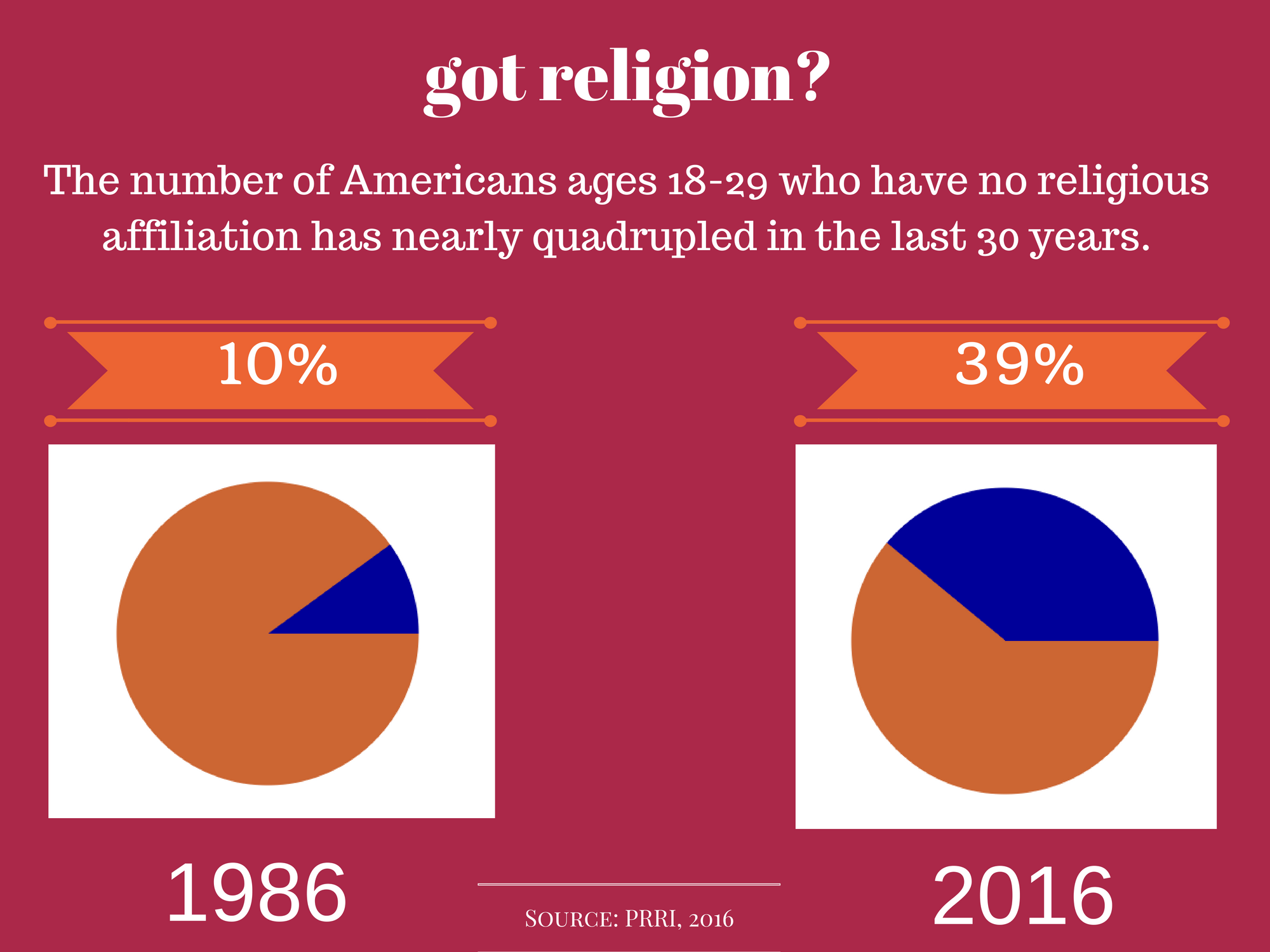Looking Into The Substantial Background And Recurring Effects Of Catholic Schools Around The World
Looking Into The Substantial Background And Recurring Effects Of Catholic Schools Around The World
Blog Article
Post Created By-Rytter Grace
When you think about the background of education, Catholic institutions stick out for their ingrained practices and lasting impact. These institutions started as a way to instill faith and values, however they've adjusted extremely over centuries. Today, they play a crucial role fit not just scholastic success however additionally moral integrity. What's appealing is how they have actually managed to thrive in the middle of altering cultural landscapes, questioning regarding their future relevance and influence.
The Beginnings of Catholic Education: A Historical Viewpoint
Catholic education traces its roots back over 1,500 years, when very early Christian areas identified the requirement for organized discovering. You'll locate that these neighborhoods intended to hand down their belief and values via education.
Monasteries and cathedral institutions ended up being facilities of learning, supporting both spiritual and intellectual growth. As you dive much deeper, you'll see that the educational program often consisted of approach, theology, and the liberal arts, created to form well-rounded people.
With time, the Church established more formal establishments, making certain that education and learning continued to be easily accessible to all. The commitment to mentor ethical values and cultivating a sense of neighborhood has lingered with the centuries, shaping the academic landscape and influencing many lives worldwide.
https://click4r.com/posts/g/21229689/the-function-of-catholic-education-and-learning-in-nurturing-concern-a enduring tradition remains to influence Catholic education today.
The Evolution of Catholic Schools Via Cultural Contexts
As societies advanced, so did the function of Catholic schools, adapting to the cultural contexts in which they existed. In the early years, these organizations focused mainly on spiritual direction, yet as neighborhoods expanded, they started to include neighborhood languages, customs, and instructional requirements.
You would certainly observe that Catholic colleges commonly came to be centers for social cohesion, promoting a feeling of belonging among pupils from different backgrounds. In many regions, they dealt with societal problems, such as hardship and discrimination, by giving easily accessible education for all.
As you explore different societies, you'll see exactly how Catholic colleges have moved their educational program and mentor techniques, mirroring the worths and challenges of their environments while holding to their fundamental objective of confidence and academic excellence.
The Modern Function and Effect of Catholic Schools in Society
In today's globe, Catholic schools play a crucial role in shaping not just the academic landscape, yet likewise the wider area.
You'll find that these organizations emphasize values like regard, empathy, and social justice, fostering all-round individuals who add positively to culture. By focusing on scholastic quality and ethical development, Catholic schools prepare pupils for future difficulties, nurturing vital thinking and management skills.
They often serve diverse populaces, linking voids in access to top quality education. Additionally, https://bceagles.com/news/2021/5/27/football-acc-announces-select-2021-kickoff-times.aspx might notice their dedication to service, motivating trainees to take part in area outreach and volunteer job.
This blend of education and ethical support makes Catholic schools a considerable pressure, cultivating liable residents that can influence their areas right.
Final thought
In conclusion, Catholic institutions have a rich history that's formed their enduring effect on culture. You've seen just how they've adapted to various cultural contexts while preserving a commitment to faith, values, and scholastic quality. Today, they remain to play an important duty in fostering area, advertising social justice, and nurturing accountable people. As you reflect on their legacy, it's clear that Catholic institutions continue to be a powerful force for positive change worldwide.
